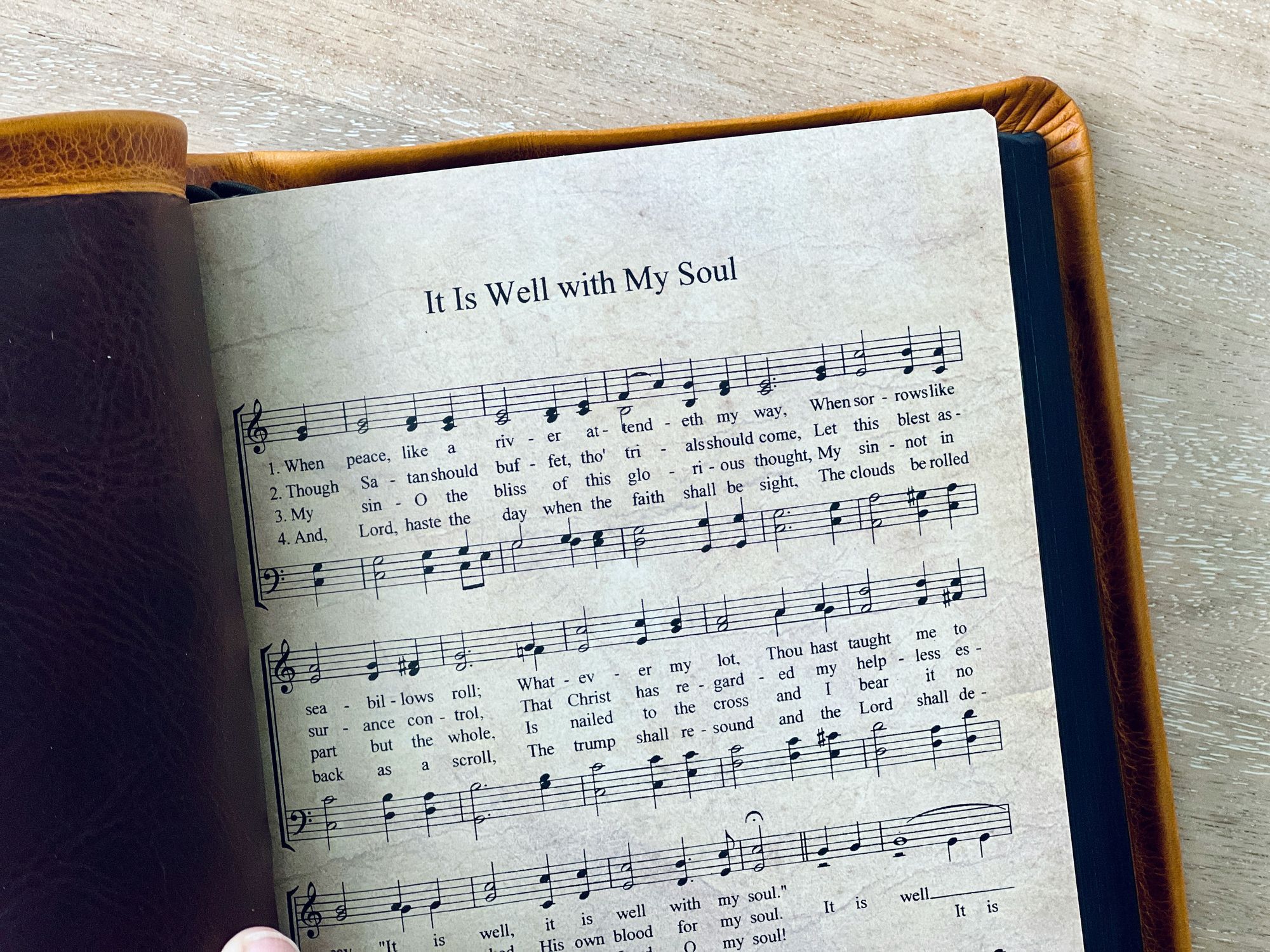Is CCM Biblical?

The Great CCM Debate: What Does Scripture Actually Say?
Contemporary Christian music has divided churches for decades. Some embrace it as culturally relevant worship, while others reject it as worldly compromise. But what does the Bible actually teach about music in worship?
The answer lies in a crucial biblical principle that most Christians have never considered: musical distinction.
The Biblical Foundation: Musical Communication Without Words
In 1 Corinthians 14:7, Paul establishes a vital principle about music:
"And even things without life giving sound, whether pipe or harp, except they give a distinction in the sounds, how shall it be known what is piped or harped?"
Paul's point is clear: musical instruments must give distinction in their sounds. Just as speaking in tongues without interpretation profits no one, music without clear distinction creates spiritual confusion.
Old Testament Evidence
Scripture shows music communicating powerful spiritual messages without lyrics:
David's Harp Ministry (1 Samuel 16:23):
"And it came to pass, when the evil spirit from God was upon Saul, that David took an harp, and played with his hand: so Saul was refreshed, and was well, and the evil spirit departed from him."
David didn't sing—he simply played. The music itself carried spiritual power that brought peace and drove away evil spirits. Whatever the frequencies and harmonics that David chose to play were, they had a calming effect, proving music has an inherent spiritual language.
Creation's Declaration (Psalm 19:1-3):
"The heavens declare the glory of God; and the firmament sheweth his handywork. Day unto day uttereth speech, and night unto night sheweth knowledge. There is no speech nor language, where their voice is not heard."
Even creation communicates God's glory through nonverbal sounds and rhythms.
God's Blueprint for Worship Music
Ephesians 5:19 provides three biblical categories for Christian music:
"Speaking to yourselves in psalms and hymns and spiritual songs, singing and making melody in your heart to the Lord."
1. Psalms - God's own songbook
2. Hymns - Songs focusing on God's attributes and theological truth
3. Spiritual Songs - Spirit-led compositions addressing personal experiences within biblical boundaries
The Problem with Contemporary Christian Music
Borrowed Musical Language
CCM borrows its musical language from secular settings that often carry rebellious contexts. When you strip away the lyrics, most CCM sounds indistinguishable from worldly music. This violates the biblical principle of distinction in 1 Corinthians 14:7.
Emotion Over Truth
Much CCM emphasizes feeling over biblical content, creating:
- Emotional manipulation through musical technique rather than spiritual truth
- Focus on personal experience rather than God's glory
- Romantic feelings (borrowed from secular love songs) instead of worshipful reverence
- Driving beats that overwhelm the message instead of enhancing it
Biblical Standards for Music Selection
Test the Musical Language
Ask yourself: "What message does this musical style communicate without the words?" The music itself should align with Scripture's call for holiness and distinction.
Music Must Serve Truth, Not Entertainment
Consider Psalm 23: "The Lord is my shepherd, I shall not want..." The music should communicate peace and comfort, not excitement and chaos. The emotional tone must match the spiritual content.
Maintain Proper Distinction
When music serves the message rather than entertainment, it fulfills its biblical purpose. Nothing in the musical style should contradict the spiritual content.
The Connection Between Musical and Biblical Standards
Churches that adopt CCM and Christian Rock musical styles rarely maintain commitment to traditional biblical standards. There's a pattern: introduce CCM and Christian Rock music, and within a decade, standards regarding dress, holiness, and doctrine often disappear as well.
This reflects the principle of distinction—when we compromise biblical standards in one area, it becomes easier to compromise in others.
Practical Application
For Church Leaders:
- Evaluate music against biblical principles of distinction
- Prioritize content that teaches doctrine and honors God
- Let God's Word determine musical choices, not cultural preferences
For Parents:
- Monitor the musical language your children consume
- Choose music that maintains proper spiritual distinction
- Model biblical music choices in your home
For Individual Believers:
- Ask what emotions and messages your music choices communicate
- Seek music that enhances understanding of biblical truth
- Choose music that honors God's holiness
The Call to Musical Holiness
The same God who demands holiness in our speech, dress, and conduct also calls for holiness in our music. When we choose music that maintains proper distinction in sounds, we honor God's design for musical communication.
Biblical worship requires intentional choices that prioritize God's standards over cultural relevance. The principle of distinction matters not just in words but in sounds, because the sounds themselves carry spiritual significance.
Will you commit to applying biblical principles to your musical choices? The decisions we make about worship music reflect our understanding of God's holiness and our commitment to honoring Him completely.
🎵 📖 Want a more complete biblical analysis of worship music? This condensed post covers the highlights of a comprehensive expository preaching message. Listen to the full sermon for thorough verse-by-verse Bible teaching that will transform your understanding of God's standards for music in worship. [Listen to the Full Message Here] - Experience solid biblical exposition that challenges cultural norms with scriptural truth!
